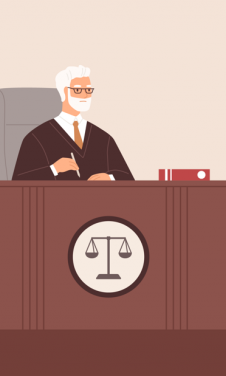
Criminal Trials: Actors and Steps
Description
This activity explains the roles of people who play a part in a criminal trial, and the steps in the process. The PowerPoint presentation begins with a short introduction of the major legal principles.
It can be useful to do the activities in the Legal Careers guide beforehand or afterwards. It is also an excellent introduction to the activity in Procès simulé en droit criminel : L’interrogatoire (French only).
Educational objectives
- To learn about the steps in a criminal trial
- To present the roles of the people involved in a criminal trial
Subjects and subject-specific competencies
Culture and Citizenship in Québec - Secondary IV
Cultural realities and compulsory main concepts: Justice and the law - Justice and Legal and judicial institutions.
Compulsory specific concepts: Principes of justice, Types of justice, Courts and legal recourse, Criminal and civic law, Process of a court case.
- Competency 1: Studies cultural realities:
- Establishes the scope of the object of study:
- Draws up preliminary questions and responses.
- Calls on relevant concepts.
- Collects information.
- Establishes the scope of the object of study:
Exploration of Vocational Training
- Competency 1: Explores vocational training (learns about different trades and occupations)
Personal Orientation Project
- Competency 2: Contemplates his/her learning and work possibilities (considers possible career paths)
Duration
One period
Broad areas of learning
- Citizenship and Community Life:
- Promotion of the rules of social conduct and democratic institutions
- Career Planning and Entrepreneurship:
- Familiarity with the world of work, social roles and occupations and trades
Cross-curricular competencies
- Uses information: Puts information to use
Related content
- The differences between civil and criminal cases
- The rights of a person accused of a crime
- Being a Witness in Court: Rules ans Restrictions
- Criminal and Penal Cases in the Court of Quebec: Procedure
- Video on the differences between civil and criminal trials
- This activity can be followed up with the activity Procès simulé : l’interrogatoire (French only), which allows you to recreate a key part of every criminal trial; the questioning of witnesses.
External resources
- LET’S TALK LAW is a service offered by the Young Bar of Montreal which lets 12- to 20-year-olds speak to a lawyer for free. This telephone service is available to all youth in Québec, regardless of where they live.
- Legal aid allows low-income persons to receive the services of a lawyer free of charge (or at low cost) in certain situations.
- The Crime Victims Assistance Centres offer assistance to victims of crimes.
- The website Cliquezjustice.ca explains the different stages of a criminal trial (French only).


